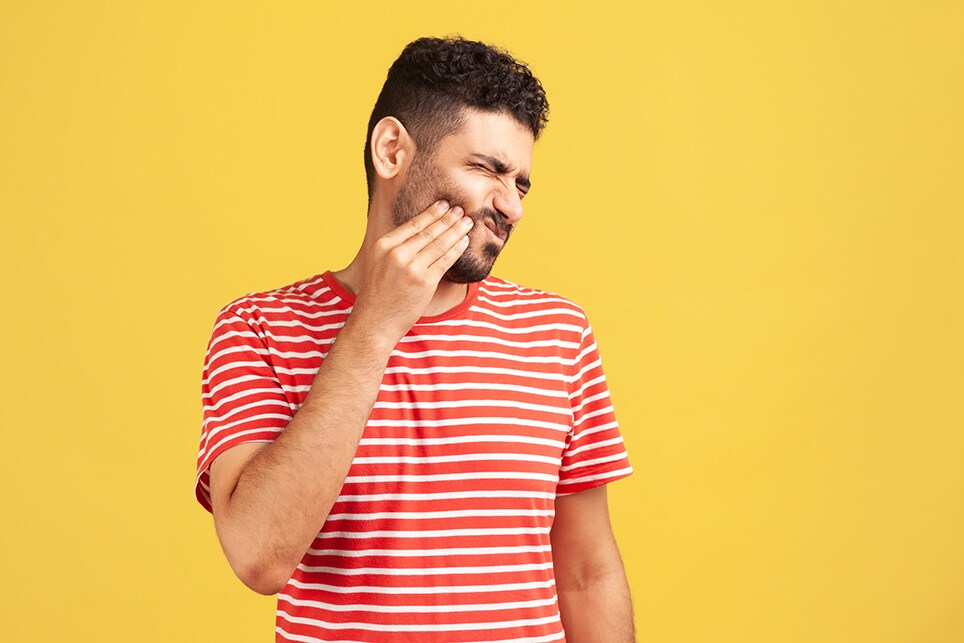Bruxism is the habit or teeth grinding, or clenching or thrusting the jaw forward. Dentists play a pivotal role in diagnosing and managing patients with bruxism. Bruxism can cause damage to the teeth, such tooth wear, broken restorations, chipped teeth and also cause tooth pain. In addition, bruxism can also damage the tissues supporting the teeth and cause pain to the joints.1
This habit can occur while a person is awake ( awake bruxism) or asleep ( sleep bruxism) and occur in both children and adults, although awake bruxism is more common in adults.2
Causes and Risk Factors
The exact cause of bruxism is not known, however there are a number of risk factors that are associated with the habit.3
Emotional stress
Anxiety
Caffeine
Snoring and Obstructive Sleep Aponea
Drug use
Alcohol
What are the signs and symptoms of bruxism?
Tooth wear
Cracked tooth syndrome.
Hypertrophy of the masseter and/or temporal muscles.
Indentation of the tongue
Gingival recession
Your patients may also complain of other symptoms such as headaches, daytime sleepiness & waking frequently in the night , aching teeth, and stiffness in the face and temples, particularly in the morning after waking up.2,3
Management
The treatment and management for bruxism can include a multidisciplinary approach for patients. The first step should aim to identify, and where possible remove, the cause. If stress is the risk factor then stress management measures such as meditation, counselling and behavioural strategies may be required.4. Treatment options include occlusal splints which may be recommended to protect the teeth and any restorations from further wear. Finally, there may also be a need to refer to a dentist who specialises in this area or other health practitioners such as a sleep physician or general practitioner.
References
Ladino LG, Vargas M, Rodriguez J, López E (2020) Bruxism Management: A Comprehensive Review. Clin Med Rev Case Rep 7:316. doi.org/10.23937/2378-3656/1410316
Melo G, Duarte J, Pauletto P, Porporatti AL, Stuginski-Barbosa J, Winocur E, Flores-Mir C, De Luca Canto G. Bruxism: An umbrella review of systematic reviews. J Oral Rehabil. 2019 Jul;46(7):666-690. doi: 10.1111/joor.12801. Epub 2019 May 7. PMID: 30993738.

